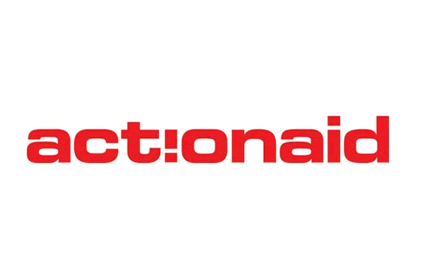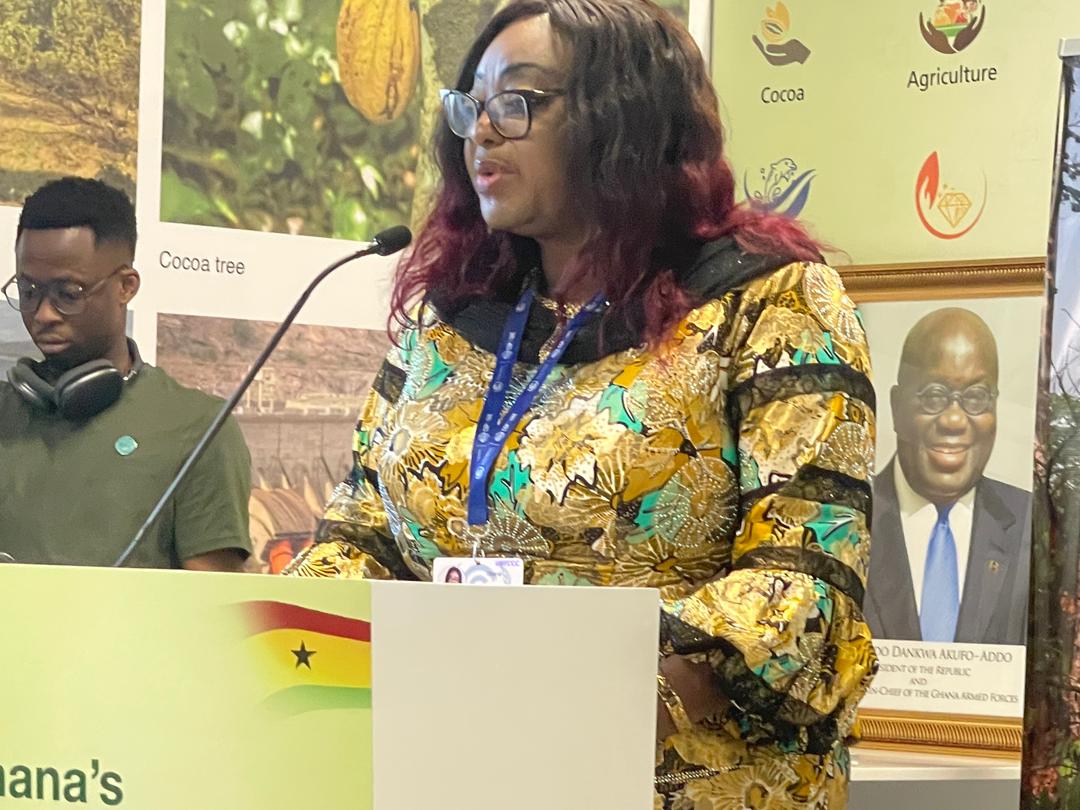
As education systems face the challenge of nurturing critical, adaptable, and globally competent individuals, Ghana’s adoption of the Common Core Programme (CCP) represents a significant step towards transformative learning. The CCP emphasizes skills development over rote memorization, necessitating an evolution in instructional methods. Curriculum integration, which merges knowledge and skills across various subjects, presents an effective approach to achieving this goal.
It does not only promotes deeper understanding and contextual learning but also cultivates the essential 21st-century skills necessary for our students to thrive in a connected world. Supported by contemporary research, curriculum integration is positioned as a crucial framework for ensuring that our educational reforms are relevant, inclusive, and prepared for the future.
Educational Value
Curriculum integration refers to an instructional strategy that combines content, skills, and values across traditional subject boundaries to create impactful learning experiences. Drake and Burns (2004) note that an integrated curriculum enhances critical thinking and fosters lifelong learning by illustrating connections between disciplines. Varsavsky and Anaya (2020) assert that interdisciplinary methods are vital for equipping students to address complex problems collaboratively and creatively. This pedagogical shift is particularly pertinent for our country, which is introducing a curriculum that emphasizes core competencies such as communication, collaboration, personal growth, and digital literacy.
Significance for CCP Implementation
- Alignment with Competency Goals
The CCP is designed around essential competencies aimed at holistic development, including problem-solving, innovation, cultural identity, and global citizenship. Curriculum integration supports this framework by encouraging students to think beyond individual subjects. For instance, a theme like “Environmental Sustainability” could encompass Science (ecosystems), Social Studies (community roles), Mathematics (data analysis), and English (advocacy writing), thereby enriching understanding and practical application.
- Real-Life Relevance and Application
Integrated learning helps connect academic content with students’ daily experiences. Many learners in Ghana find it challenging to relate what they learn in school to their lives. Through integration, learners can participate in authentic activities that reflect real-world complexities. For example, a sanitation initiative might require that learners investigate health implications (Science), calculate waste volumes (Mathematics), draft proposals (English), and comprehend local governance (Social Studies). This relevance enhances learning and encourages learners to become agents of change in their communities.
- Efficiency in Resource-Constrained Environments
With many schools in Ghana facing limitations in resources such as infrastructure, manpower, and materials. Curriculum integration can help maximize these limited assets. A single integrated unit can address objectives from several subjects, enabling teachers to collaborate in planning and delivering content. This approach will promote teamwork among educators and alleviate the burden of an overloaded curriculum for learners.
- Inclusivity and Differentiated Learning
Integrated teaching allows for various entry points into learning, accommodating learners with diverse strengths-be it artistic, analytical, kinaesthetic, or verbal. For example, a project on Ghanaian festivals can include drawing, storytelling, music, and historical analysis. This will ensure a more equitable and inclusive learning environment.
- Enhanced Assessment Practices
Curriculum integration will facilitate authentic assessment, moving beyond simple memorization to evaluate genuine understanding. learners can be assessed through portfolios, displays, group projects, and community-based tasks, which better reflect their competencies and promote ongoing improvement. This aligns with the CCP’s emphasis on performance-based assessment and the broader assessment reform initiatives of the Ministry of Education.
International Best Practices in Curriculum Integration
Ghana is among many nations pursuing educational transformation through integrated learning. Notable examples include:
- Finland: Known for “phenomenon-based learning,” where students examine real-world issues like migration or climate change across disciplines, fostering independence, critical thinking, and relevance.
- Singapore: Its curriculum integrates values, skills, and knowledge through thematic and inquiry-based learning, emphasizing flexibility, innovation, and character education within a solid academic framework.
- South Africa: Through its Curriculum and Assessment Policy Statement (CAPS), South Africa merges life orientation, environmental studies, and social development to ensure that education meets societal needs while promoting democratic values.
These examples illustrate that integrated curricula can significantly enhance engagement, collaboration, and educational outcomes.
Recommendations for NaCCA and the Ministry of Education
- Enhance Teacher Professional Development
Implement continual and intensive training on integrated planning, thematic instruction, and interdisciplinary assessment strategies, as teacher development is crucial for successful implementation.
- Create Integrated Teaching Resources
NaCCA should develop model units, thematic schemes, and learner support materials that exemplify integration across CCP subjects, ensuring these resources are culturally relevant and contextually appropriate.
- Encourage Cross-Disciplinary Collaboration
Schools should formalize co-planning among Grade levels, allowing Head teachers to allocate time for interdisciplinary teams to collaboratively design and review units.
- Align Assessment with Integrated Learning
GES and NaCCA should revise national assessment frameworks to embody integration principles, ensuring ongoing assessment tools recognize creativity, problem-solving, and applied knowledge.
- Integrate Community Knowledge
Involve local communities in the curriculum, utilizing elders, artisans, and community leaders as resources to help students connect classroom learning with local wisdom and development goals.
Conclusion
Curriculum integration transcends a mere instructional method; it is a strategic necessity for the future of education in our country. It bridges the gap between knowledge acquisition and competency development. It empowers our learners to be thinkers, doers, and leaders. Insights from Jacobs (2017), Drake and Burns (2004), and Varsavsky and Anaya (2020) highlight that integration promotes intentional learning, deeper engagement, and educational equity. As we advance toward a competency-based curriculum, it is essential for the Ministry of Education and NaCCA to take significant steps in establishing curriculum integration as a national standard. The effectiveness of the CCP and the future of our learners hinges on this initiative.
WRITTEN BY:
Wisdom Koudjo Klu,
Education Expert/Columnist,
Greater Accra Region.
The views expressed in this article are the author’s own and do not necessarily reflect The Chronicle’s stance.
The post Curriculum Integration in Enhancing Ghana’s Common Core Programme (CCP): The Need to Break Subject Silos appeared first on The Ghanaian Chronicle.
Read Full Story




















Facebook
Twitter
Pinterest
Instagram
Google+
YouTube
LinkedIn
RSS